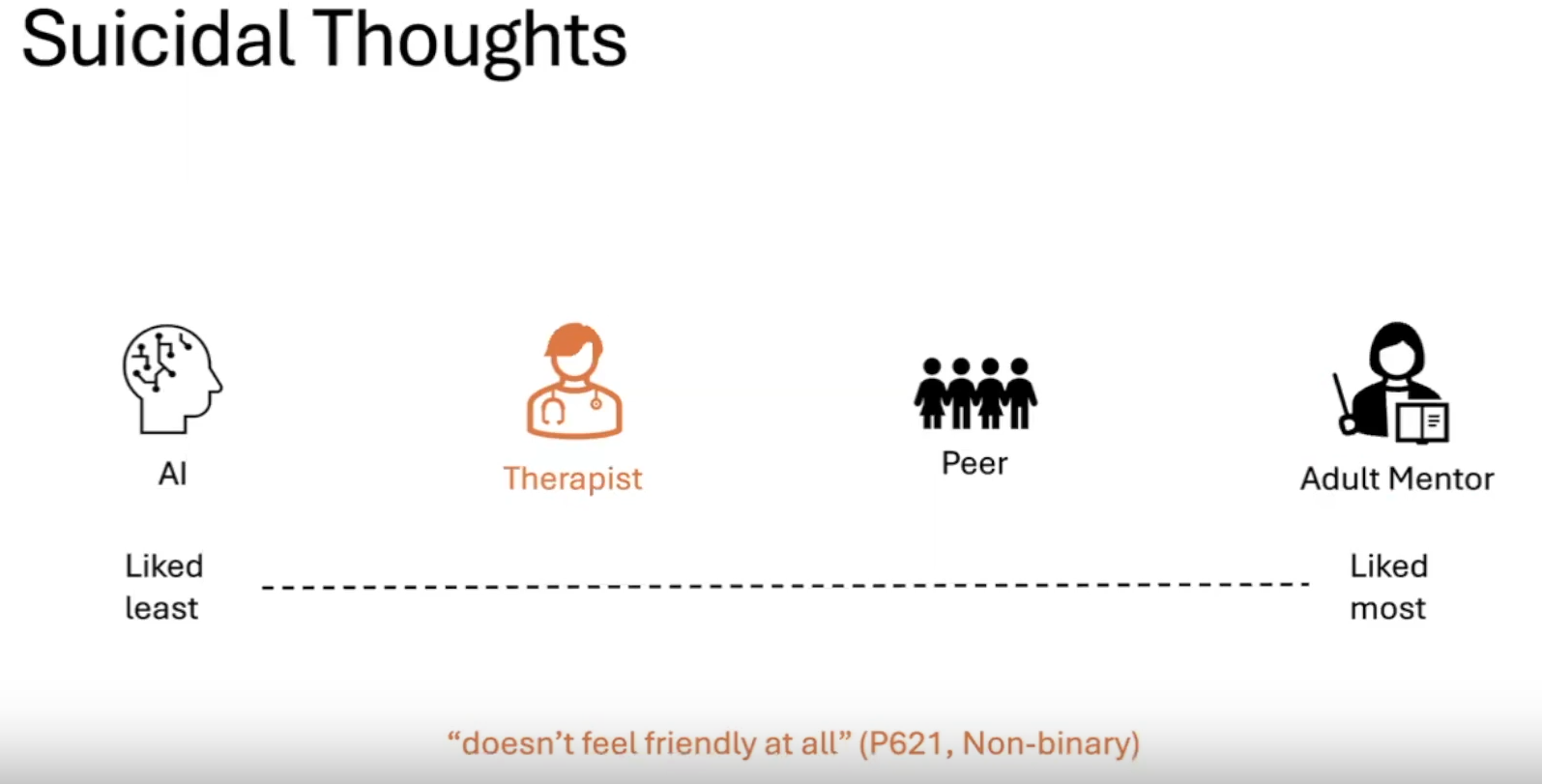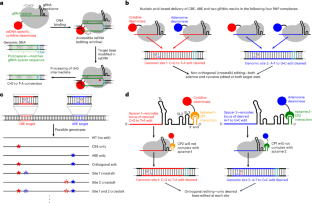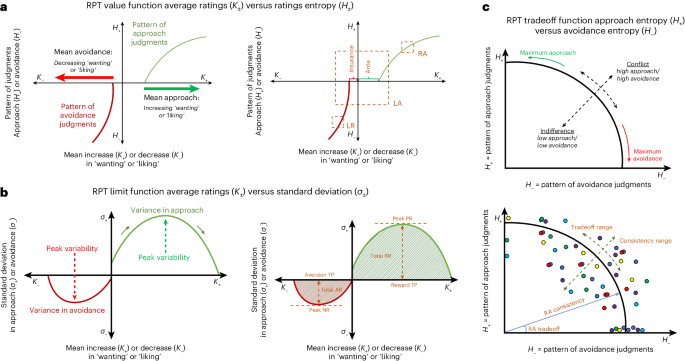2024-05-21 ミシガン大学
<関連情報>
- https://news.umich.edu/young-people-find-comfort-in-ai-generated-responses/
- https://dl.acm.org/doi/10.1145/3613904.3642574
若者のピアサポートにおけるAIの役割:人間による対応とAIによる対応の嗜好に関する研究 The Role of AI in Peer Support for Young People: A Study of Preferences for Human- and AI-Generated Responses
Jordyn Young,Laala M Jawara,Diep N Nguyen,Brian Daly,Jina Huh-Yoo,Afsaneh Razi
CHI ’24: Proceedings of the CHI Conference on Human Factors in Computing Systems Published:11 May 2024
DOI:https://doi.org/10.1145/3613904.3642574
Abstract
Generative Artificial Intelligence (AI) is integrated into everyday technology, including news, education, and social media. AI has further pervaded private conversations as conversational partners, auto-completion, and response suggestions. As social media becomes young people’s main method of peer support exchange, we need to understand when and how AI can facilitate and assist in such exchanges in a beneficial, safe, and socially appropriate way. We asked 622 young people to complete an online survey and evaluate blinded human- and AI-generated responses to help-seeking messages. We found that participants preferred the AI-generated response to situations about relationships, self-expression, and physical health. However, when addressing a sensitive topic, like suicidal thoughts, young people preferred the human response. We also discuss the role of training in online peer support exchange and its implications for supporting young people’s well-being. Disclaimer: This paper includes sensitive topics, including suicide ideation. Reader discretion is advised.


